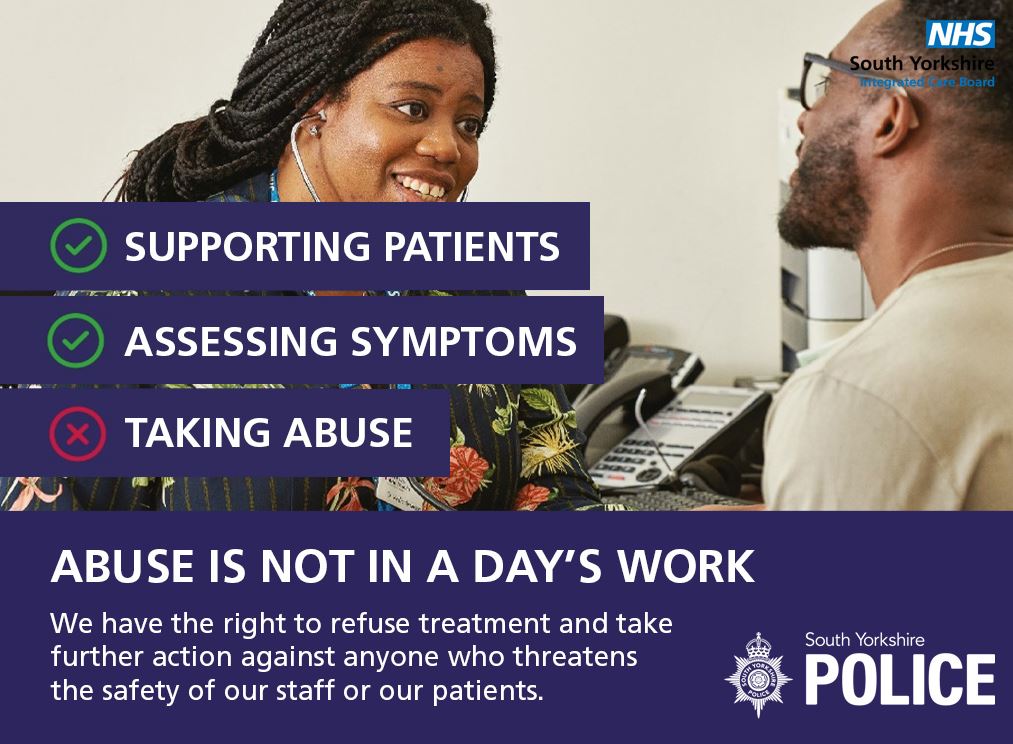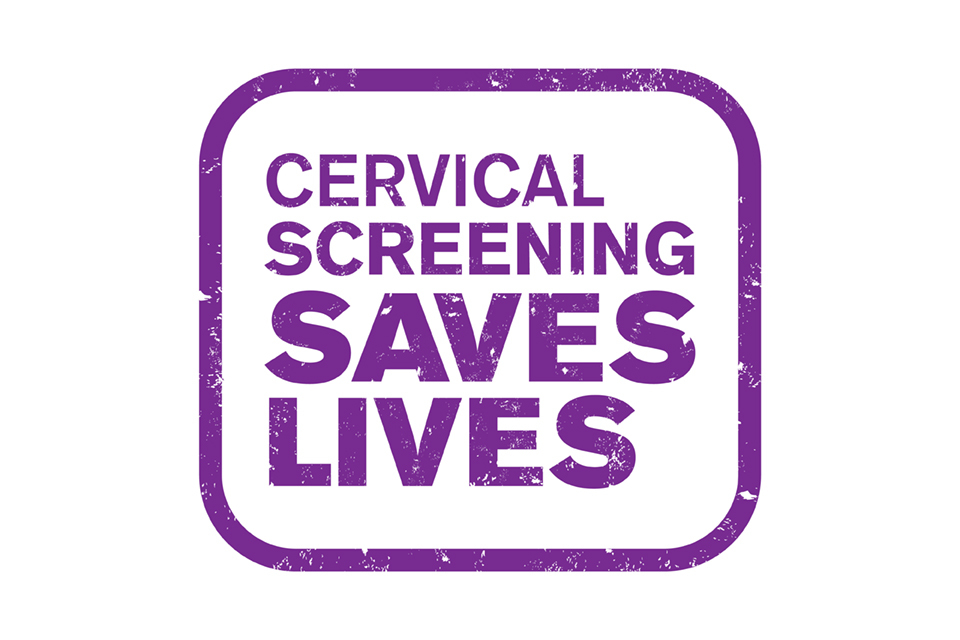
Changes to our GSM Contract from October 1st Shared Care Protocols for ADHD Weight management injections – Tirzepatide (Mounjaro®) Accurx Triage Outsmart your anxiety – Daylight Respiratory Syncytial Virus (RSV) Vaccination Information Support for people who may have been affected by infected blood MMR (measles, mumps and rubella) Vaccination Campaign Return your used inhalers to a pharmacy to help reduce your carbon footprint Social Prescribers & First Contact Physiotherapists
What is in my medical record?
What is in my medical record?
Your medical record contains records from many different sources. Your prescriptions, letters we have received from hospital and those we have sent, results of blood tests and other clinical tests, vaccinations and more. It also includes the entries from professionals like GPs and Nurses.
What do you write about me?
Your medical record has been written by professionals, for use by professionals. In the context of general practice, Clinicians will make notes throughout a consultation, this can vary widely in terms of the length of an appointment, the setting (face to face vs a telephone consult) and the subject matter. A clinician may use abbreviations and paraphrase what is said rather than write long sentences verbatim and may not document something that is not said that isn’t relevant to the consultation matter. There can also be times where a clinician may document observations about a patient if relevant (i.e. appearance or behaviours) which have a bearing on the clinical matter.
Finally, a clinician may document an opinion, particularly in situations where the diagnosis is uncertain or as a diagnosis evolves and changes over time. It is important to note that although there may be different clinicians that you meet or speak to when accessing the GP surgery, we all use the same record, and what we write is often helpful for the next professional who is involved.
Why can I not see my record?
NHS England went forward with their initiative to allow patients automatic access to their full clinical record by default from October 31st 2023 perspective only – this means full notes access including what is written as text, from this date onward. However, in response to concerns over data being available to patients that may cause distress or additional problems, practices were given a way to flag certain records as requiring additional review before they can be seen.
Since we have over 13,000 patients (and >10,000 potentially eligible for this), we used our systems to search for medical conditions or flags that might mean additional review is required. This was done in October 2023 and is just over 1,000 patients (the remaining being given access). These records would need additional review before they could be approved for this new full access. Please note this is in addition to any current access you have to your records.
If you cannot see your record and wish to have access, use the form by clicking here on our website to submit a query to us. We will review these as able – these tasks are not priority tasks and make take several days to weeks depending on how busy the practice is and holiday periods. This process places additional administrative burdens on our clinicians, and we will priority our clinical duties first.
There are occasions where the practice may not grant access, this is done when the information contained may create risk for the patient or in specific circumstances such as safeguarding, vulnerable adults / persons or domestic abuse. This is at the directions of the clinicians.
Please use the online form to submit queries, do not phone or attend in person to ask this. Since this has been announced, the practice has been fielding multiple queries a week including emails of complaint about what is visible (for something outside our control and not involving us) and episodes where patients have presented to the front desk at our surgery and been angry at reception (who have no control over this and cannot make any changes, leaving staff upset). The practice will take appropriate action in these instances, up to and including removal of online access, a written warning, or requests to list elsewhere.
What if something looks wrong?
Under GDPR, you have the right to rectification, this means that you can request to be rectified personal data that is incorrect or misleading as to any matter of fact. You would do this in one of two ways.
- Use the form on our website – Dispute or Query Online Medical Entry
- Submit a request to us in writing or via email.
We will not routinely discuss these requests over the phone, our phone lines are for clinical matters, not administrative matters.
We will not rectify data such as opinions where the clinician feels this an appropriate opinion to record and was accurate at that time.
We may decline requests which do not affect the clinical interpretation of the entry, for example “stopped smoking 10 years ago” when it was 11.
We can also refuse requests that are manifestly unfounded or excessive.
After I write a letter, what happens then.
On receipt of the letter, we will write back to acknowledge receipt of said letter. We will then pass this to the clinician(s) involves who will look at this. This should take no longer than 30 days though for particularly large enquiries, if we require more time, we will write to you. We may also inform you if likely to take longer if submitted around times of expected disruption to the practice e.g. Christmas or Summer Holidays when we have high numbers of staff off on planned annual leave.
Such requests do not often require us to charge a fee. However, we reserve the right to charge a “reasonable fee” for the administrative costs of complying with the request. If we determine a fee is necessary, you will be contacted directly by us to explain this beforehand. If a fee is deemed necessary, the request will not be complied with until fee is paid.
A clinician will look at your enquiry and the record. We will then write back to you with an outcome, either the request has been upheld and we have made the relevant changes, or if the clinician feels the data is accurate the request will be rejected. If you still feel there is factual inaccuracy, you may write to us further to explain your reasoning and we will consider this.
You may have the right to make a complaint to the ICO or another supervisory authority. You also can seek to enforce this right through judicial remedy.
Source: Right to rectification | ICO
Can I speak with a GP about this at a consultation?
No.
General Practice is under unprecedented strain, and conversations about medical records, particularly if not speaking with the original clinician involved, can be time consuming and divert experienced GPs away from clinical care to deal with administrative matters. Therefore, GP appointments will not be booked routinely to deal with this, and a GP is well within their right to decline to speak with patients regarding this, should the matter be raised while in clinical consultation. It would be inappropriate to ask non-GP members of staff (i.e., asking a receptionist to change records), they will advise you they are unable to discuss this.
If a GP feels a discussion if required, they will make those arrangements directly with you or advising our receptionists.


Carterknowle Surgery
Opening Times
- Monday
08:30am to 12:30pm
01:30pm to 06:00pm
Phone lines close at 12:15 and reopen at 13:30 - Tuesday
08:30am to 12:30pm
01:30pm to 06:00pm
Phone lines close at 12:15 and reopen at 13:30 - Wednesday
08:30am to 12:30pm
01:30pm to 06:00pm
Phone lines close at 12:15 and reopen at 13:30 - Thursday
08:30am to 12:30pm
01:30pm to 06:00pm
Phone lines close at 12:15 and reopen at 13:30 - Friday
08:30am to 12:30pm
01:30pm to 06:00pm
Phone lines close at 12:15 and reopen at 13:30 - Saturday
CLOSED - Sunday
CLOSED
Dore Surgery
Opening Times
- Monday
08:30am to 12:30pm
01:30pm to 05:30pm
Phone lines close at 12:15 and reopen at 13:30 - Tuesday
08:30am to 12:30pm
01:30pm to 05:30pm
Phone lines close at 12:15 and reopen at 13:30 - Wednesday
08:30am to 12:30pm
01:30pm to 05:30pm
Phone lines close at 12:15 and reopen at 13:30 - Thursday
08:30am to 12:30pm
01:30pm to 05:30pm
Phone lines close at 12:15 and reopen at 13:30 - Friday
08:30am to 12:30pm
01:30pm to 05:30pm
Phone lines close at 12:15 and reopen at 13:30 - Saturday
CLOSED - Sunday
CLOSED





